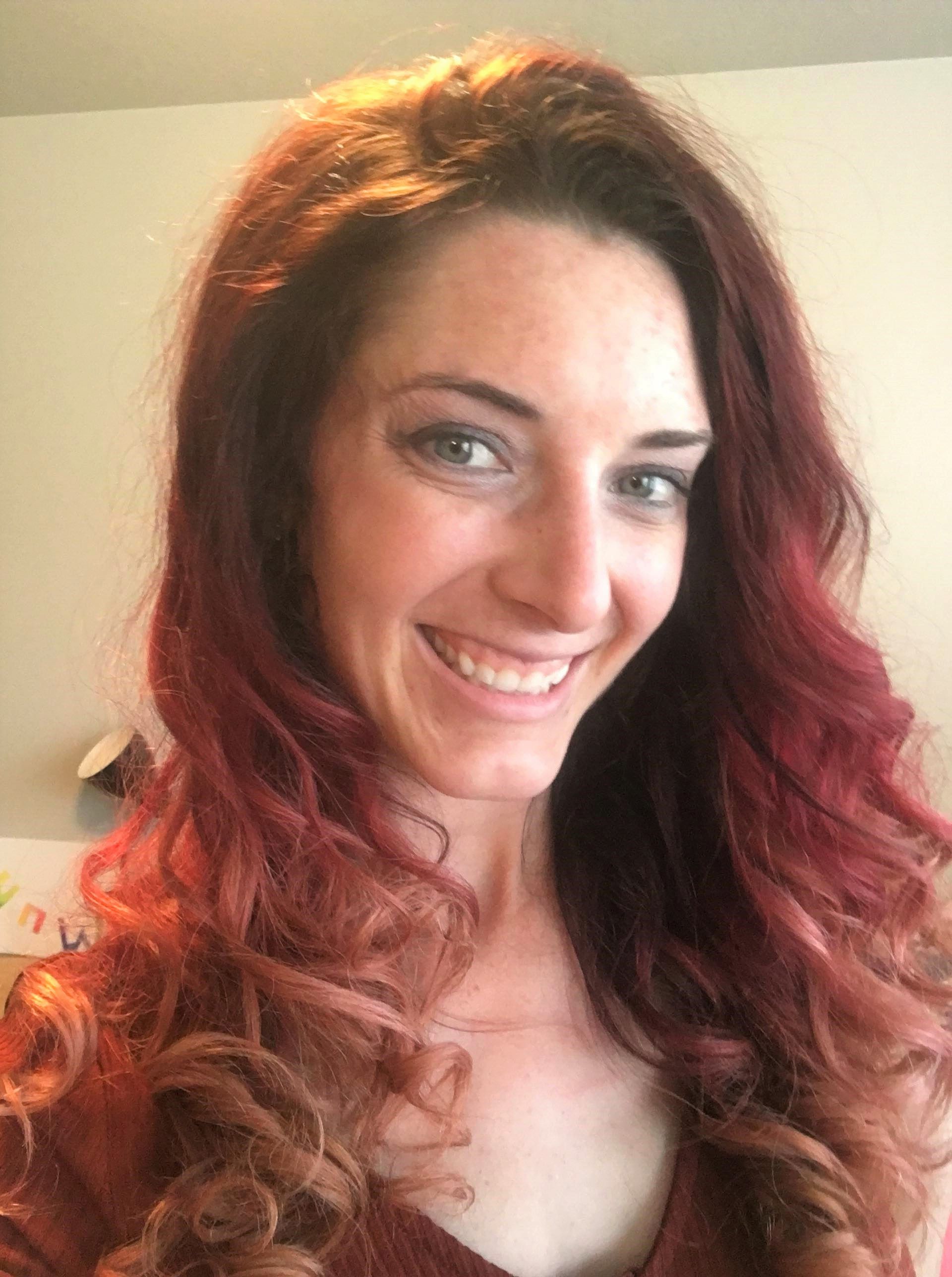By Muriel McGregor
|
I remember when I decided that I wanted to run for local office. I was helping with the Utah House of Representatives campaign for my district. I saw how people’s hopes for a better community rested on someone of solid character, someone compassionate, yet objective. I felt as if I could be that person someday. The candidate I supported was and is someone I greatly admire. But I feared admitting I was openly atheist to him or local constituents. Whenever our campaign hosted events, and even at the party convention, there were frequent references to God and traditional values (which are heavily correlated with “Christian” values in this state). In addition, many of the campaign’s cottage meetings and canvassing efforts were organized by the candidate’s local church congregation. See, I live in Utah – a place where the Church of Jesus Christ of Latter-day Saints (more commonly known as the Mormons) remains the cornerstone of social networks and dictates cultural attitudes. Opinions about atheists here are negative. In order to be seen as someone who is honest and family-oriented – and therefore electable – I stand a much better chance if I profess religious belief at the very least. This deeply frustrates me. Yes, I am an atheist. And, yes, I am a good person. I may not think that the Bible should hold any weight when creating laws (like those around who gets to marry whom), and I would work to eliminate prayer from government meetings. But I do think that from an objective framework based on scientific findings, I could work with various parties and the resources available to create innovative policies to meet people’s needs. |
 |
While interning with the Utah state legislature, I observed how legislators had to make quick decisions on a variety of bills – and they often let their personal beliefs be their guide rather than constituent input or scientific research. The Utah legislators themselves are almost all Mormons, making up 91 of the 104 members. When church leaders come out with a stance on an issue during the legislative session – like medical marijuana – legislators and constituents alike are swayed away from their original perspectives, which quickly morph to be more in line with the church’s rhetoric. This has not only led to conservative policies (many of which are not in the best interest of the people of Utah), but also a deep-seated association between Mormonism and the Republican Party.
As someone who is pro-market and advocates for fiscal responsibility, many of my perspectives fall in line with Utah Republicans. However, I strongly maintain that policy should be based on constituent need and thorough research, devoid of doctrinal bias and Mormon authorities’ statements. And there’s the fact that I am openly atheist, too. With the inevitable assumption that if I am a Republican, I must be a Mormon (or at least a God-fearing Christian), I cannot commit to the GOP. As result, the only party I would be able to authentically be a candidate for in Utah is the Democratic one. But Democratic candidates in Utah stand small chances of winning elections, since over half of Utah’s population identifies as Mormon.
I want to make my dream of running for local office come true. Unfortunately, because of the religious influence in all levels of Utah’s politics, it is unlikely that I’d be able to make it happen here. This is why separation of church and state is so important to me.
There are the more overt crossovers – like the well-established tradition that the opening prayer at the beginning of the legislative session be given by a Mormon apostle (one of the church’s highest officials) – but my interest lies with the subtler entanglements.
Like the conditioned bias that an atheist is not a good person and, therefore, not someone you want to elect. Like the mindset that what a Mormon leader says goes without question. With enough will and courage, though, I hope that someday I can prove the people of Utah wrong. And, more importantly, help them and the state move forward with unfettered and advantageous policies.
Muriel McGregor is the founder of the Utah State Secular Alliance Club. She recently completed a master’s degree in political science.


